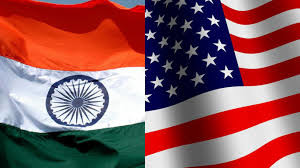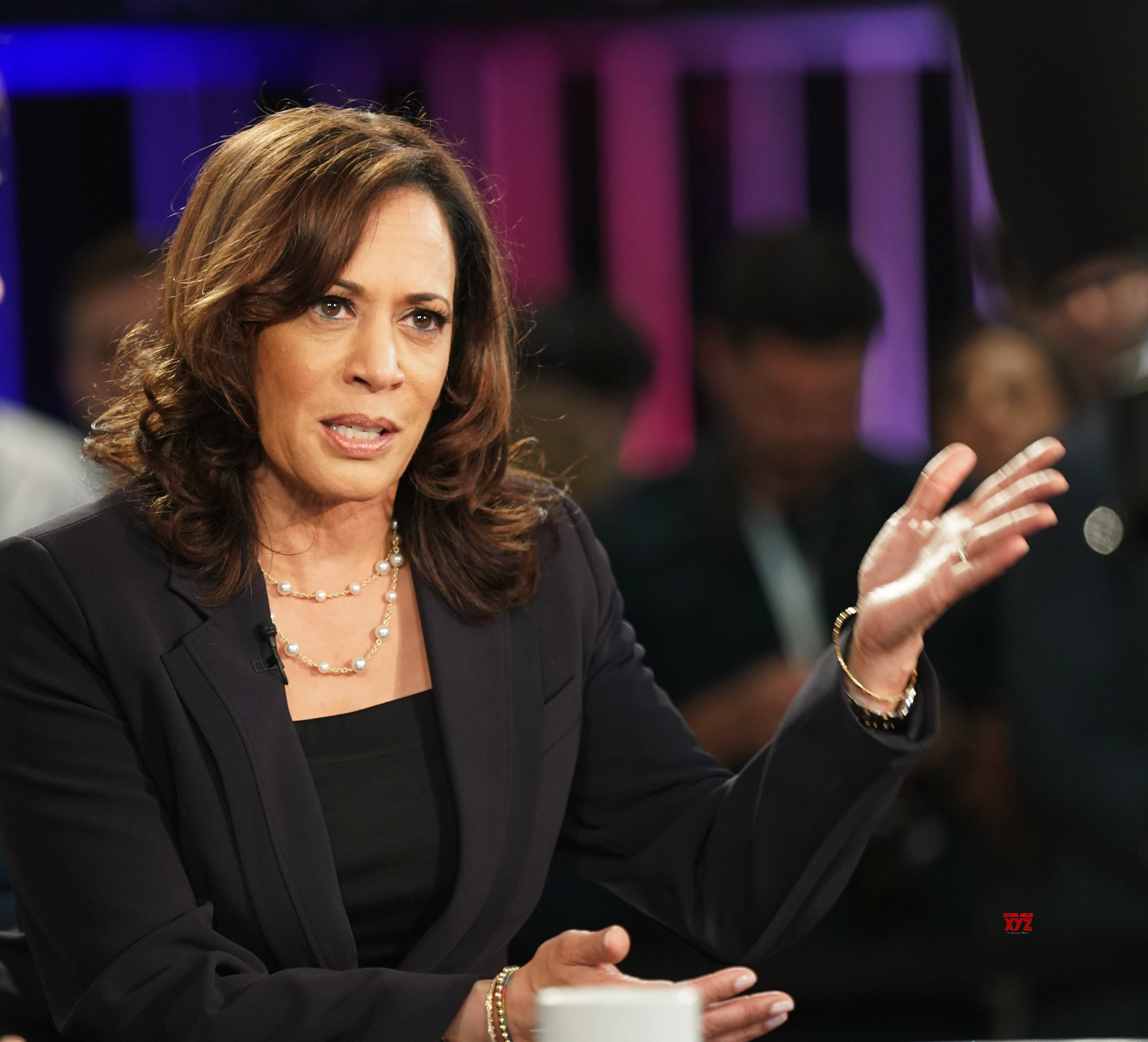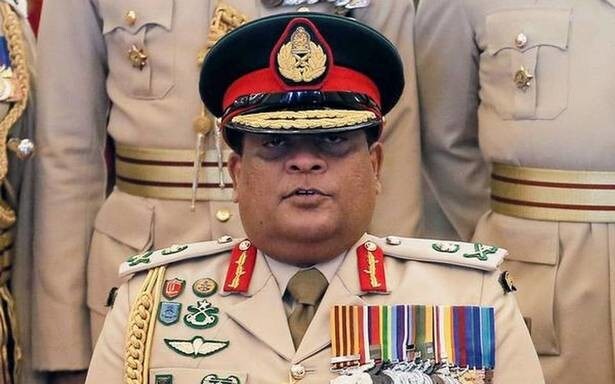 NEW YORK: As school curriculums in the US state of California are set to be revised and updated, a heated debate is raging in the state over whether the region that includes India, Pakistan and Nepal should be referred to as India or as South Asia.
NEW YORK: As school curriculums in the US state of California are set to be revised and updated, a heated debate is raging in the state over whether the region that includes India, Pakistan and Nepal should be referred to as India or as South Asia.
A report in the New York Times said “history is being written” by a California education committee that has found itself at the “center of a raging debate” over how to tell the story of South Asia in revised curriculums.
“The dispute centers on whether the region that includes modern-day India, Pakistan and Nepal should be referred to as India or as South Asia, to represent the plurality of cultures there particularly since India was not a nation-state until 1947.
“It also touches on how the culture of the region is portrayed, including women’s role in society and the vestiges of the caste system,” the report said.
The dispute comes against the backdrop of the state’s Instructional Quality Commission debating a new framework for the kindergarten to 12th grade social science curriculum.
Some students have argued that describing the region by any name other than India would amount to “erasing their heritage.”
The debate has prompted petition drives as well as a social media campaign #DontEraseIndia, the report said adding that the debate “mirrors similar arguments” being made in India, “where Hindu nationalist governments have begun overhauls of textbooks in some states.”
It added that while there have been debates in the school system about portrayal Armenian genocide and discrimination against Sikhs in the US, none of the arguments have “persisted as strongly as the fight over the Indian subcontinent.”
“That is a reflection of the transformation in California’s population, where Asians, including South Asians, are the fastest-growing demographic,” the report said.
It quoted deputy superintendent of the California Department of Education Tom Adams as saying that a lot of people are engaged in the debate because California is a “vibrant, diverse state.”
“What we’re really trying to do here is make sure that the children of California have a curriculum that helps them understand all these groups,” he said.
The organization Hindu American Foundation wants the entire area under dispute to be called India, a reflection of the most important influence in the area.
However, a group of other scholars argue that the area should be referred to as South Asia, challenging the historical accuracy of using only India to describe the region.
“The civilization that is being covered is Indian,” said Suhag Shukla, the executive director of the Hindu American Foundation, which started the social media campaign #DontEraseIndia.
“When you talk about ancient India, that’s the birthplace of Indian students. This is an issue not only about accuracy but also cultural competency,” Shukla said.
“Names are what define us as people, they represent character and personality,” high school freshman Vidhima Shetty said in the report.
According to a Washington-based think tank Migration Policy Institute, there are about 2.2 million immigrants from India living in the US, with a majority living in California.
Professor of anthropology and South Asian studies at Stanford University Thomas Hansen has been debating with the Hindu American Foundation for more than a decade over how Indian history is taught in California.
“The issue is when you can use the term Indian and when you can use Hinduism,” he said, as opposed to South Asia.
“This group has a lot of interest in calling everything Hindu and Indian so that it can equate modern-day India with historic roots. But it’s absurd. It would be like calling Ancient Rome Italy.”
He said that the caste system was an integral part of Indian society even today with roots in the Hindu religion.
“It distorts reality,” Hansen said in the report. “This is important for children to understand. Our duty is to make sure that the history is keeping with the scholarly research rather than give in to what a particular group wants.”
Shukla added that while her group was not denying the fact that castes exist, it’s argument is that it is “unfair” to tie it to Hinduism alone.
During a hearing last month, dozens of Indian students spoke out against the changes the South Asian scholars have suggested to the commission, accusing them of “Hinduphobia” and robbing them of selfhood, the report added.–PTI






